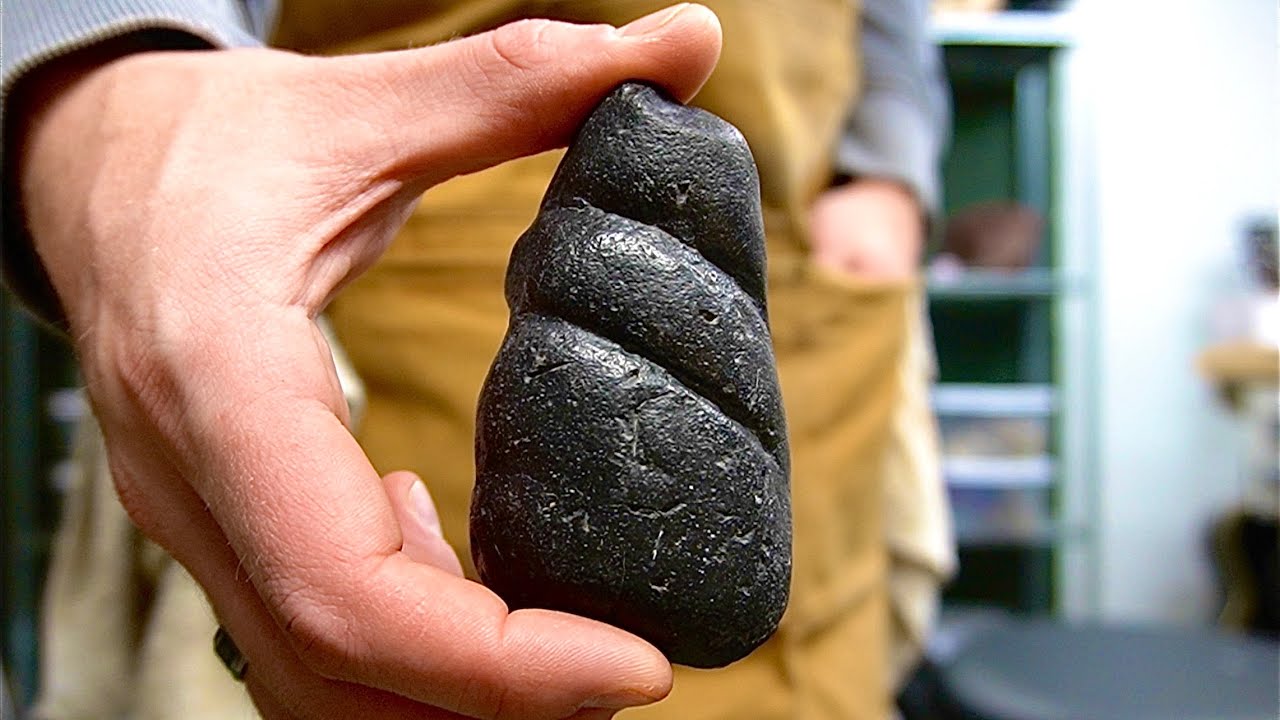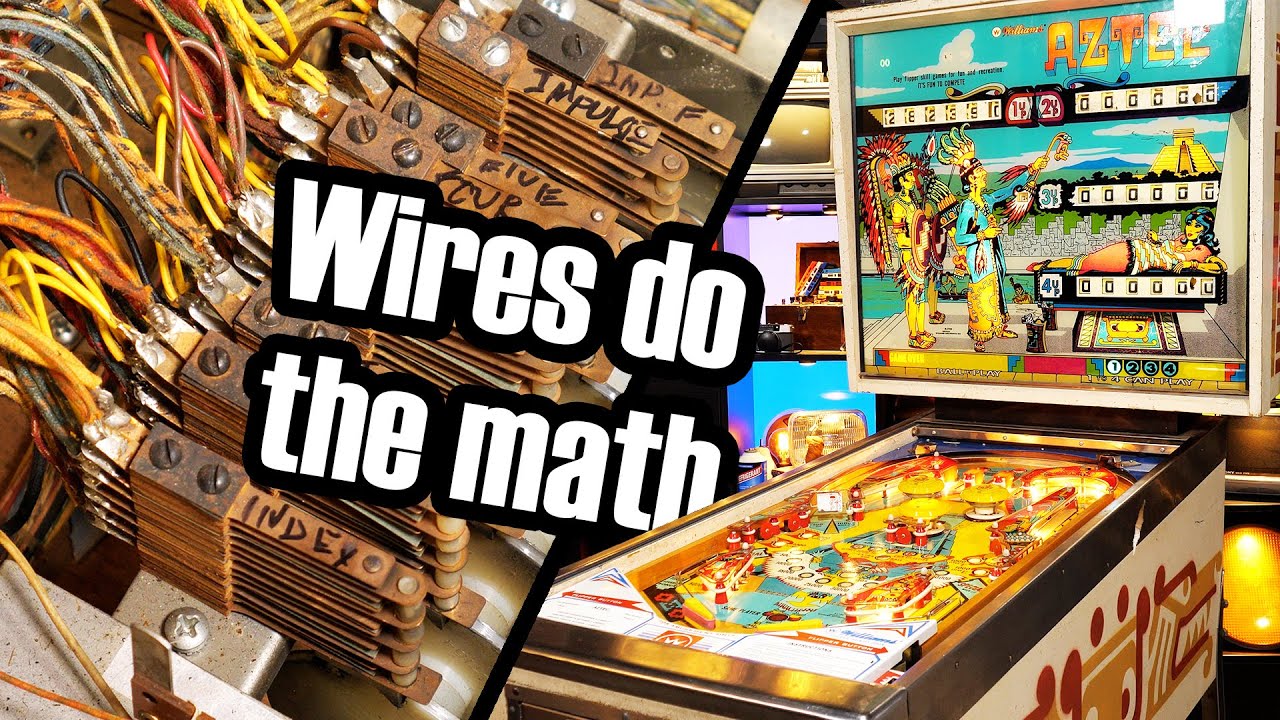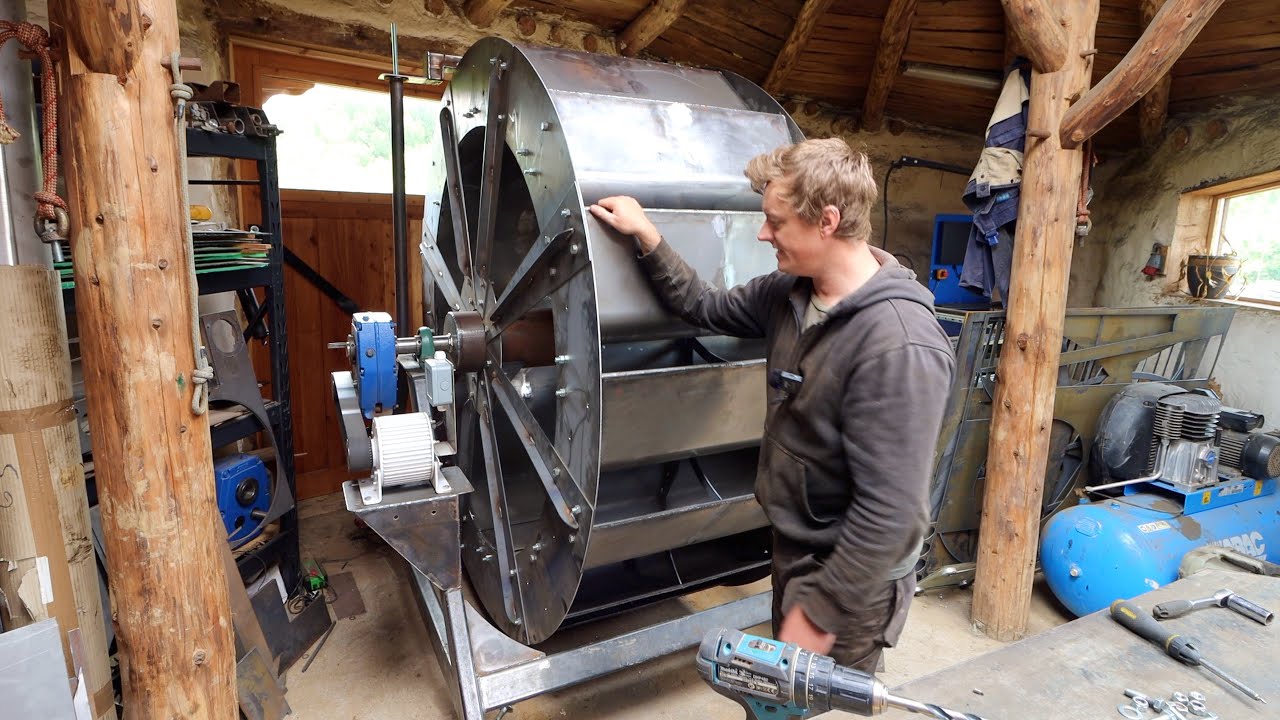

Everyone else thinks I was cute. Which I take to mean everyone is being polite
I don’t know if this helps, but someone who loves the adult-you will absolutely look at your baby photos through the same filter as they look at you now. They’ll see those photos as a little peek into the past of someone they already like. So you could genuinely be ugly as hell as a kid–but if they like you now, that’s not gonna matter to them, you’ll be cute.
This doesn’t have such a large age-gap, but someone I knew had a crush on me looked at my employee photo (that I fucking HATED) and decided they liked my “little smirk”. Why did they love the photo I hated? Because they had an emotional connection to me (on their side at least) anyhow.
























It sounds like a Disco Elysium reference